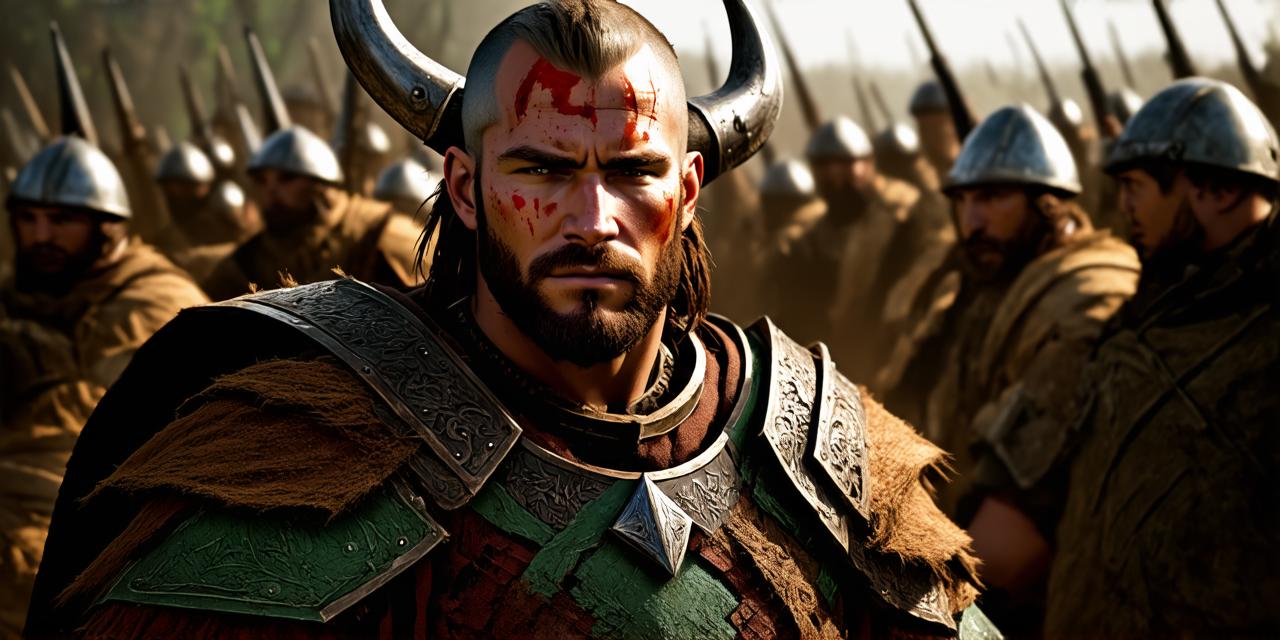How do NFTs work?
NFTs are typically stored on a blockchain, which is a decentralized ledger that records all transactions related to the asset. Each NFT has a unique identifier (a cryptographic hash) that distinguishes it from other NFTs. This identifier is used to verify ownership and authenticity of the NFT.
When someone creates an NFT, they typically mint it on a blockchain by transferring ownership of the underlying digital asset to a smart contract. The smart contract then issues a unique token that represents ownership of the asset. This token can be traded on marketplaces like OpenSea or Rarible, allowing creators to monetize their work and collectors to own unique digital assets.
What are some common use cases for NFTs?

NFTs have several potential use cases, including:
- Digital art: Many artists are using NFTs to sell their digital artwork as unique digital assets that can be bought and sold on marketplaces like OpenSea and Rarible. This allows artists to monetize their work and collectors to own unique digital assets.
- Gaming: NFTs are being used in games to represent ownership of in-game items, rare characters, and other digital assets that can be collected, traded, and used within the game. This creates new opportunities for creators to monetize their work and players to own unique digital assets.
- Music: Some musicians are using NFTs to sell their music as unique digital assets that can be bought and sold on marketplaces like Audius and Rarible. This allows musicians to monetize their work and collectors to own unique digital assets.
- Collectibles: NFTs can also represent ownership of physical collectibles like baseball cards, comic books, and other types of items that can be bought, sold, and traded on digital marketplaces. This creates new opportunities for collectors to own unique digital assets and for creators to monetize their work.
What are some potential drawbacks to using NFTs?
While NFTs have several potential benefits, there are also some potential drawbacks to consider:
- Authenticity: Because NFTs exist solely in the digital realm, there may be concerns about their authenticity and value. Without a physical representation, it can be difficult for collectors to verify the legitimacy of an NFT. This could lead to issues with counterfeit NFTs and fraudulent activity on marketplaces.
- Fraud and scams: The lack of tangible backing makes it easier for someone to create a fake NFT or steal someone else’s. There have already been instances of fraudulent NFTs being sold on popular marketplaces like OpenSea and Rarible, highlighting the need for careful due diligence when buying or selling NFTs.
- Environmental impact: The process of creating and storing an NFT requires significant computational power, which can lead to high energy consumption and carbon emissions. Some experts estimate that the creation of just one NFT could consume as much energy as powering an entire household for an entire year, highlighting the need for sustainable blockchain technology solutions.
- Inequality: Because NFTs are often sold at auction and can be quite expensive, only those with deep pockets will be able to participate in the market. This could lead to a situation where only the wealthy have access to valuable digital assets, further entrenching inequality in the gaming community.
How might NFTs impact the gaming industry?
NFTs are already being used in many popular games to represent ownership of in-game items and rare characters. This has led to a new market for these assets, with some NFTs selling for millions of dollars on marketplaces like OpenSea. However, this trend also raises important questions about the future of gaming:
- Will NFTs replace traditional collectibles and in-game items, or will they simply add another layer of complexity to an already complex industry? If NFTs become too prevalent, it could make the gaming industry more exclusive and less accessible to new players.
- What impact might this have on the player experience? If NFTs become a dominant form of in-game currency, it could create new opportunities for players to engage with the game and monetize their work, but it could also lead to a sense of unfairness if some players are able to buy more powerful items than others.
- How will NFTs be regulated? As with any new technology, there is a need for clear regulations around NFTs to prevent fraud, protect consumers, and ensure that the market remains fair and accessible to all.
